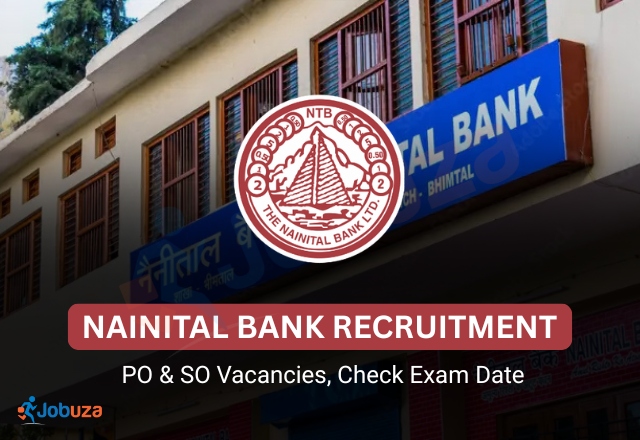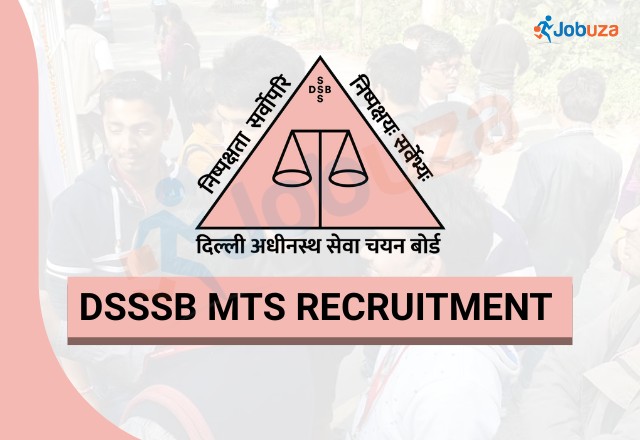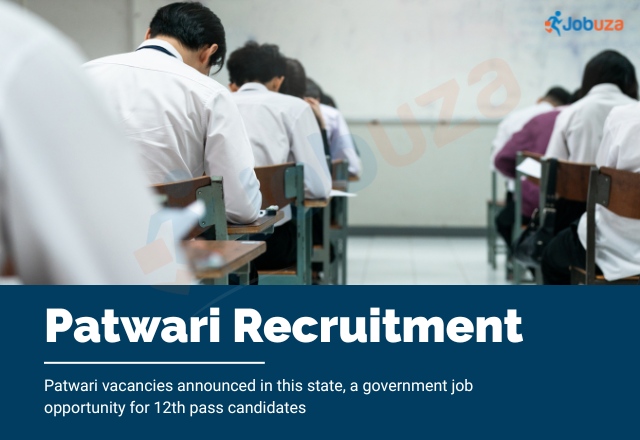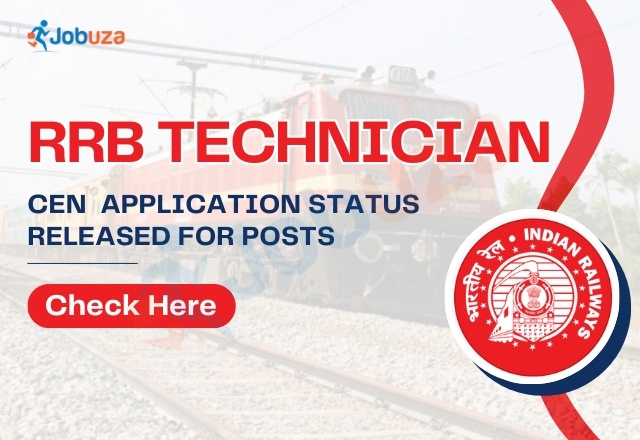
by Jobuza Team | Dec 15, 2025 | BLOG, Latest Jobs, UPSC Jobs
The Union Public Service Commission (UPSC) has officially released the NDA & NA I 2026 notification on 10 December 2025. With the release of the notification, the online application process for the National Defence Academy (NDA) and Naval Academy (NA) has also...

by Jobuza Team | Dec 12, 2025 | Bank Jobs, BLOG, Latest Jobs
Nainital Bank has released the official Recruitment 2025 Notification for 185 vacancies across Clerk (CSA), Probationary Officer (Generalist and Specialist) and Specialist Officer posts. Eligible graduates aged between 21 and 25 years can now apply online at...

by Jobuza Team | Dec 12, 2025 | BLOG, Latest Jobs, State Govt Job
Delhi Subordinate Services Selection Board has released the official notification for DSSSB MTS Recruitment 2025. The board is hiring for Multi-Tasking Staff positions across various Departments of the Government of NCT of Delhi, Autonomous bodies, and Local bodies....

by Jobuza Team | Dec 10, 2025 | BLOG, Latest Jobs
Patwari Recruitment 2025: Himachal Pradesh Announces 530 New Vacancies for 12th Pass Candidates The Himachal Pradesh State Selection Commission (HPCRA) has officially released the notification for Patwari Recruitment 2025. This recruitment drive aims to fill a total...

by Jobuza Team | Dec 9, 2025 | BLOG, Latest Jobs, Railway Jobs, Technical/IT Jobs
The Railway Recruitment Boards (RRB) have released the application status for CEN 02/2025. Candidates applying for Technician Grade-I (Signal) and various Technician Grade-III posts can now check whether their applications have been Provisionally Accepted,...

by Jobuza Team | Dec 4, 2025 | BLOG, Latest Jobs
The Oriental Insurance Company Limited has officially released the OICL AO Scale-I Recruitment 2025 notification for 300 Administrative Officer posts. Out of these, 285 posts are for Generalist Officers and 15 posts are for Hindi (Rajbhasha) Officers. This is a great...








